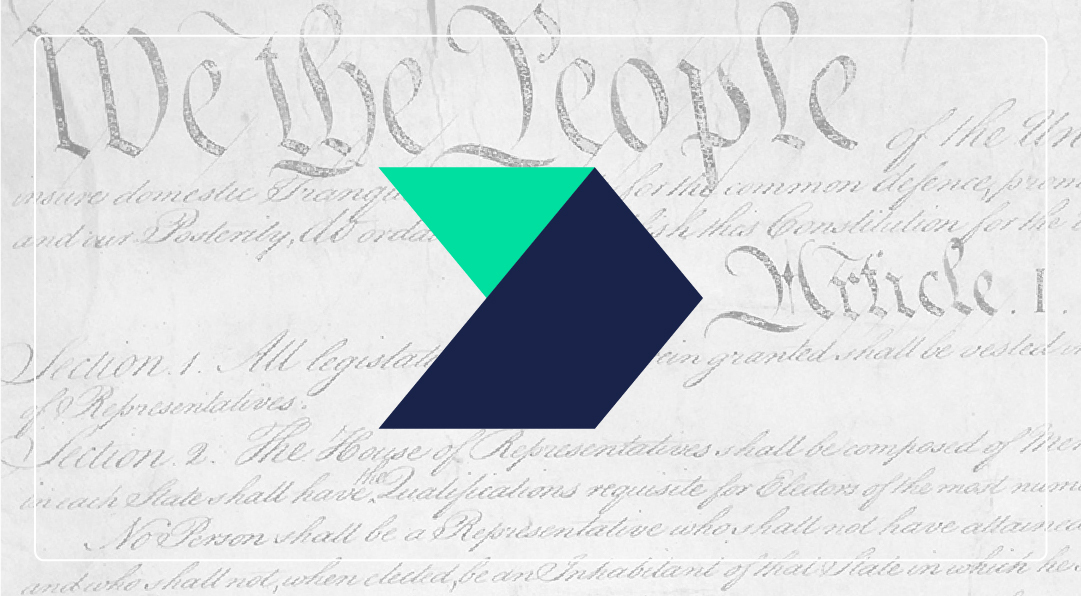Resource Tracks Key Cases Nation’s Highest Court Will Consider this Term
Washington, D.C. – Democracy Forward, a leading pro-democracy legal institution, today published The People’s Guide to the 2025-26 Supreme Court Term, the latest in its resources to help people better understand what is happening in the courts that affects their communities. The guide is a plain-language overview of key cases on the Supreme Court’s docket in the 2025-2026 term that highlights the impacts the cases will have on people. This guide is the third annual report on the Court from Democracy Forward and includes important information about the decisions this term that will shape the future of free speech, the rights of LGBTQI+ and immigrant communities, voting rights and election integrity, equity, public safety, personal privacy, and checks on presidential power.
“At Democracy Forward, we know that the strength of our nation lies in its people, and an informed, active public will be essential to bringing about an enduring democracy for all. That’s why we have published our next People’s Guide – to empower people to know what is at stake in the coming Supreme Court term,” said Skye Perryman, President and CEO of Democracy Forward.
The “People’s Guide” includes background information and perspectives about nine cases on the Court’s “Merits Docket,” or cases that are scheduled and argued, in public, before the Justices. The guide also tracks a series of cases pending on the Court’s “Shadow Docket,” or significant emergency petitions that are still pending before the Court and often decided with little to no transparency on extremely expedited timelines.
The cases featured in this year’s People’s Guide include:
Merits Docket
- Chiles v. Salazar, which focuses on free speech and harmful conversion practices.
- West Virginia v. B.P.J. and Little v. Hecox, which focuses on the rights of transgender students to compete on sports teams that align with their gender identities.
- Bost v. Illinois State Board of Elections, which focuses on who can challenge laws allowing states to count mail-in ballots received after election day.
- National Republican Senatorial Committee v. Federal Election Commission, which focuses on influencing election outcomes through a partisan attack on an established campaign finance law that the Supreme Court held was constitutional in 2001.
- Louisiana v. Callais, which focuses on voting rights and how to address race discrimination in elections.
- Urias-Orellana v. Bondi, which focuses on the ability of federal courts to overturn an administrative appeals court’s determination that asylum applicants do not reasonably fear persecution in their home country.
- Case v. Montana, which focuses on under what circumstances law enforcement officers can enter a person’s home without a warrant.
- Learning Resources, Inc. v. Trump, which focuses on the President’s authority to impose tariffs.
- Trump v. Slaughter, which focuses on the separation of powers and bipartisan representation in independent federal agencies.
Shadow Docket (emergency petitions pending before the Court)
- Trump v. Cook, which focuses on the separation of powers and bipartisan representation in independent federal agencies.
- Noem v. National TPS Alliance, which focuses on immigration and temporary protected status.
- Orr v. Trump, which focuses on gender markers on passports for transgender, intersex, and nonbinary Americans.
- We the Patriots USA Inc. v. Ventura Unified School District, which focuses on religious exemptions from public school vaccine requirements.
“The United States is in an existential fight for democracy,” reads the guide’s introduction. “With so much on the line for millions of people, the Supreme Court remains a decisive arena. The new term begins on Monday, October 6, and will determine the role of this Court on attempts at unchecked power.”
View The People’s Guide to the 2025-26 Supreme Court Term online.
– # # # –
Democracy Forward Foundation is a national legal organization that advances democracy and social progress through litigation, policy, public education, and regulatory engagement. For more information, please visit www.democracyforward.org.

